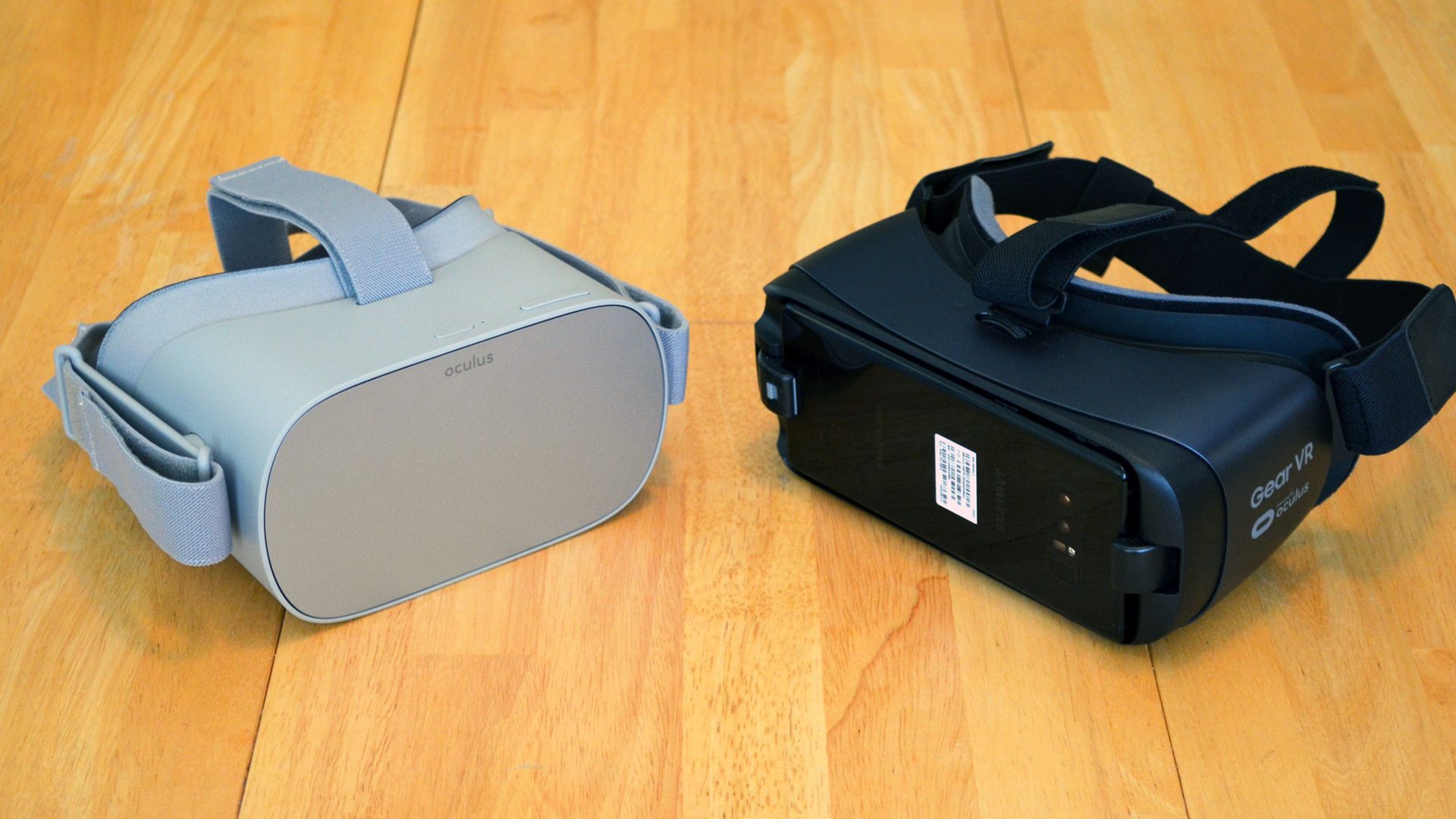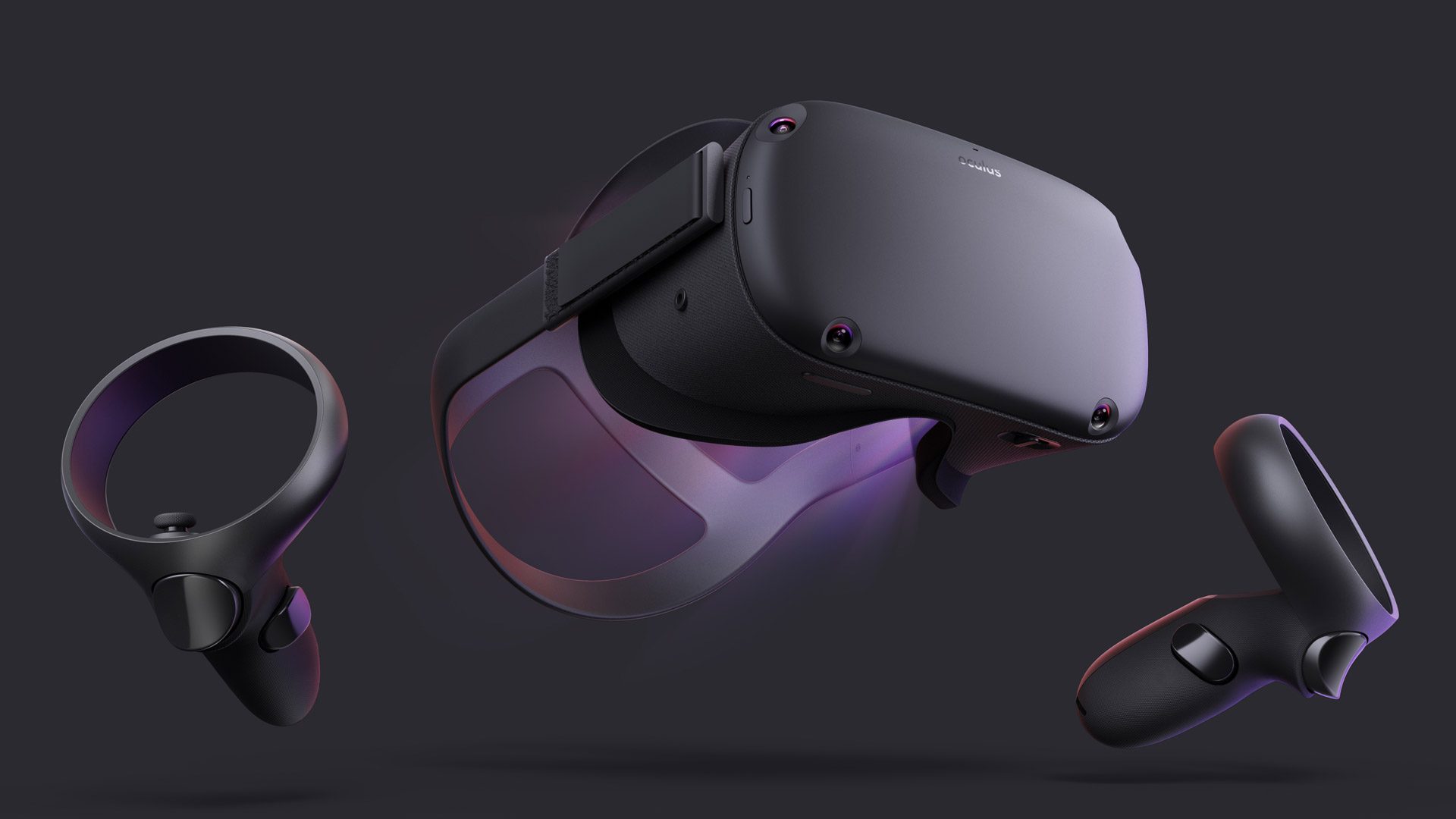Facebook announced that, at the end of this year, it will officially retire Oculus Go, its 3DOF standalone headset. In early 2021, the company will also be making way for more apps on Quest with a new content distribution platform that will be separate from the Oculus Store.
The company won’t be releasing any new first-party features for Go, effective immediately, the company says in a blog post. Facebook will also be tuning down the headset’s third-party content pipeline later in the year, as the company will no longer accept any new Go apps or app updates after December 4th. No new Go apps will be permitted onto the Oculus Store after December 18th, putting a final lid on the growth of the Go’s content library.
The headset’s system software will however still receive bug fixes and security patches through 2022.

Facebook says the move to retire Go is about pushing towards a “future of VR with 6DOF platforms like Oculus Quest.” This presumably also means that Go will be the company’s last 3DOF headset offering.
“As the technology has advanced rapidly since we launched Go, you’ve helped us prove out the value of positional tracking with the incredible experiences you’ve built for 6DOF VR, and we’re ready to double down on that,” the company says in a developer blog post.
Released in May 2018, Oculus Go was hailed as a VR headset priced for the masses. Although hobbled by its rotation-only headtracking and single non-positionally tracked controller, Go was championed for its low price-point of $200 and ability to serve up casual games and traditional streaming content, such as Netflix, Hulu, and YouTube.
Opening the Gates for Quest Content
There’s been a greater number of Quest apps to hit the Store recently, however the headset’s library of games is still dwarfed in comparison to both Oculus Go or Oculus Rift.
Facebook has been notably more strict with which apps it allows on Quest since the headset’s launch in mid-2019, as there are both technical hurdles and the apparent need to keep a manicured storefront for new users.

Early next year, the company says it will offer a new way to distribute content on Quest, which will allow developers to share their apps to anyone with a Quest.
Details are still thin on the ground, however Facebook appears to be creating an alternative marketplace with a lower technical acceptance threshold than the Oculus Store. Unlike sideloaded apps though, content accepted through this channel will still need to adhere to its Oculus Platform policies and Oculus Content policies.
“By making it easier for more developers to reach Quest owners in the future, we hope to spark inspiration with those who will build the next wave of engaging experiences for Quest,” the company says.
In practice, this may act as a way to stymie sideload-based content stores such as SideQuest, and bring all developers under the same roof, so to speak. Additionally, the still unnamed content channel could act as an avenue for Early Access content, or simply an updated of the old Oculus Share platform back in the heady developer kit days. The company says it will be sharing more info on the new content channel in the future.







